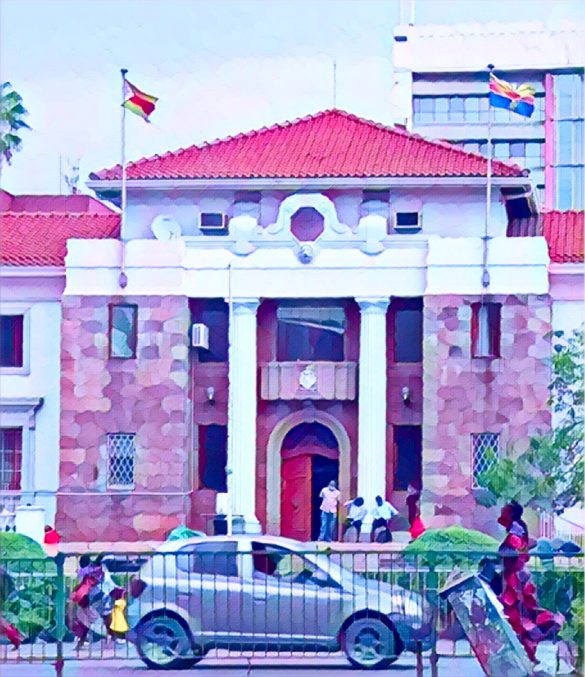KEY POINTS
- Senior officials accused of dubious land lease deals, risking significant city revenue losses.
- Harare Quarry emblematic of municipal mismanagement, with unpaid utilities and poor revenue performance.
- Inquiry demands reforms for accountability and transparency in Zimbabwe’s municipal governance.
Senior officials in Harare’s municipal administration have been implicated in questionable land lease agreements, raising concerns about significant revenue losses for the city. The revelations emerged during a Commission of Inquiry into the council’s operations since 2017.
Key among those implicated is Hosiah Chisango, accused of facilitating a lease agreement with Trucking and Construction Company. The firm, operating near the council-owned Harare Quarry, has been leasing municipal land since 2012 and serves as one of the quarry’s clients.
The inquiry, led by retired Justice Maphios Cheda, has flagged the arrangement as dubious, further amplifying suspicions of widespread malpractice within the city council.
Fixed lease payments and missing accountability
Testifying before the commission, Tendai Karima, a representative of Trucking and Construction Company, admitted the firm pays a fixed monthly rental of $2,050 to the council. However, this figure is not linked to the company’s revenue performance. “We pay $2,050 monthly to the council or its ZiG equivalent. The amount is fixed,” Karima explained.
Under cross-examination by evidence leader Thabani Mpofu, Karima conceded that no designated account exists for lease payments. “I assumed the council was managing the funds appropriately since they are in charge,” he added.
The lack of transparency in handling lease payments has raised alarms about potential financial impropriety. Suspended town clerk Hosiah Chisango further aggravated concerns by failing to provide critical details of the lease agreement during his testimony.
Harare quarry: a symbol of mismanagement
Harare Quarry, a city-owned entity, has become emblematic of the council’s broader governance failures. Allegations of mismanagement, unpaid utility bills, and negligible revenue contributions to the municipality have underscored the dire need for reform.
According to New Zimbabwe, Karima revealed troubling operational practices, including the quarry’s failure to pay for utilities. “We fetch water directly from Harare Quarry because there has never been a supply since we began operations. The only payment we make is the lease to the city council,” he testified.
Call for municipal accountability and reform
The Commission of Inquiry’s findings paint a damning picture of Harare’s municipal structures, which appear to be riddled with inefficiencies and corruption. Experts argue that systemic reforms are essential to restore accountability and protect the city’s financial resources.
As the inquiry continues, the revelations surrounding Harare Quarry and the questionable land leases have sparked public outcry, demanding transparent governance and stricter oversight mechanisms. The fallout may yet redefine how municipal operations are conducted in Zimbabwe’s capital.


